CRE Veterans Offer Advice to Aspiring Brokers
How to break into the business and get a leg up on the competition.
Launching a commercial real estate brokerage career can be a daunting task. In a business that requires finance smarts, strong relationships, hard work and so much more, it’s overwhelming to know where to begin.
Commercial Property Executive spoke to veteran brokers who had wisdom and a few stories to share with college students, industry newbies and those trying to break into the business. The following executives shared best practices for beginners: Wendy Katz, executive vice president, Stream Realty Partners; Frank Montalto, managing director, IPA Capital Markets (a division of Marcus & Millichap); Todd Franks, founding partner, GREA; Paul McCormick, partner-sales management, Ariel Property Advisors; and Charles Yellen, senior managing director, HKS Capital Partners.
What advice would you give to a college student who wants to pursue a career in CRE brokerage?
Katz: Enroll in real estate and business classes to gain an understanding of these industries. You do not have to be a business major to get a job in CRE brokerage. Professionals in CRE are looking to hire well-rounded people who are outgoing, energetic and creative. Your work ethic and ability to market yourself and your services will differentiate you and help you excel in this field.
McCormick: It’s important to approach networking with a clear focus—not just attend events. Instead, actively participate and identify groups and opportunities that resonate with you. Do the research. If you know a certain speaker will be there or if you acquire an attendee list ahead of time, you can be prepared to discuss relevant topics and ask the right questions. Effective networking is not about immediate results. It’s a long-term commitment that involves building a meaningful presence and establishing connections that will pay off in the long-term.
Franks: Commercial real estate brokerage is such a dynamic field, and there’s really no one-size-fits-all approach to success. If you’re in college and thinking about this path, definitely start with real estate finance classes—they’re the foundation. But just as important is finding a mentor and getting hands-on experience through internships.
Also, don’t underestimate the value of being hard-working, personable and engaging. I’ve noticed that some of the best brokers worked in roles like bartending, hospitality or retail during college, where they had to interact with people and sell. Getting out of your comfort zone and really connecting with people is key, and that’s something you can’t just learn from a textbook.
Montalto: Focus on gaining a strong foundation in finance and market analysis, as these skills are critical in commercial real estate brokerage. Additionally, immerse yourself in the market. Visit properties, talk to investment sales and finance brokers and stay informed about market trends to build your industry knowledge and credibility.
Yellen: To be an intermediary is a very specific target. My first advice is to understand what you truly want to pursue. How do we do that? We do research and we talk to people. The first thing you must do is expose yourself to a broad spectrum of finance if you want to come into my space. You need to figure out why you are attracted to the tangible assets of real estate or commodities as opposed to the intangibles like stocks and bonds.
What should a student be doing outside of the classroom?
Katz: Proactively reach out to any personal connections, as well as college alumnae, through LinkedIn. Ask to meet with them in person or on the phone to pick their brain about the industry. Everyone has been in your position at one time. Also, ask these people about potential internships with their companies to get your foot in the door and expose yourself to the CRE industry.
Franks: Since brokerage is so hands-on, it’s tough to learn everything in a classroom. Of course, you should learn the basics like underwriting and understanding how the economy affects real estate values, but the sales side is where you really need experience. I’d recommend doing as many internships as possible with top CRE teams. It’s a great way to explore different areas within the industry and find out what really excites you.
Montalto: Consider taking on leadership roles in clubs or organizations to develop your soft skills and demonstrate your commitment to the field. Real estate is a people business, so practice your interpersonal skills and learn how to effectively communicate and negotiate. Building a Rolodex doesn’t need to wait until after graduating from college.
What advice would you give to a recent college grad?
Franks: When you’re fresh out of college, be ready to jump into any role that helps your team. A lot of successful brokers start as assistants to senior analysts or transaction managers, where they build their skills in underwriting, contract and time management, organization and marketing. Then try to get on a team with a senior broker who’s invested in your growth. And don’t be afraid to be persistent: Follow up with the firms you want to work for. When I started, I had to follow up seven times before I got a response! In brokerage, you’re always on the hunt for the next deal, so being persistent and proactive is crucial.
Yellen: Work hard to make sure that people understand that you are willing to do whatever it takes and translate that into a strong resume and cover letter documenting your exposure. Think about what inspired you to come into this industry.
Katz: Using those contacts you made during college, follow up and ask them to explain the differences in CRE specialties such as office, industrial, investment, retail, data center, etc. Encourage them to provide their opinion on advantages and disadvantages so you can weigh what would work best for you. Keep in mind that people often start off in one specialty and move around until they find the best fit.
What has changed about the barriers to entry in the brokerage industry?
Montalto: Technology has significantly lowered those barriers. With access to comprehensive online resources, data analytics tools and virtual networking platforms, aspiring brokers can gain industry knowledge and make connections more easily than before. However, increased competition means that differentiating yourself through specialized skills and a strong professional network is more important than ever. Stay updated with the latest tech tools and platforms and consider earning certifications or taking advanced courses to enhance your credibility and marketability. How will you stand out? Crafting your brand and establishing a strong relationship is the foundation to success.
Yellen: I think the speed and fluidity of information is faster now than ever. I view it as positive. Our goal is to see those changes, embrace them and make them work for us. With that being said, I think it’s a more competitive landscape. If I’m running an internship program 20 years ago, depending on how I advertise, I have a couple hundred resumes to review and to go through. Now, it could be 1,000 or a multiple of that.
Katz: The importance of diversity has opened the door to people entering our industry. We have a mix of people from different backgrounds, education, races, and ethnicities, which will broaden our expertise and knowledge. It provides people with an opportunity to enter and add value in a field that had not previously been open to a variety of people.
McCormick: Finding a job has become more challenging due to increased competition and market changes. It’s even more critical to stand out by building a strong resume through internships and relevant experience. Candidates with prior exposure to the industry, even at the internship level, often have an advantage in securing their first jobs.
How would someone find the right mentor in a CRE brokerage?
Montalto: Finding the right mentor involves identifying experienced professionals whose career paths and values align with your own aspirations. Attend industry events, join local and national professional associations and leverage LinkedIn to connect with potential mentors. When reaching out, be clear about your goals and express genuine interest in learning from their experiences and insights. I believe in a strong give-and-take relationship. While many may think they don’t have value to add early in their career, often they are wrong. For example, read about the impact of AI in our business and don’t be afraid to share your point of view, all while being respectful of their time, showing appreciation for their guidance, and applying their advice to demonstrate your commitment and growth.
Yellen: Can I quote Charlie Munger and say: “Surround yourself with people that are smarter than you are.” You have to expose yourself and reach out to people and create a connection in some way. Join industry associations and get involved without any personal benefit. Once in a while you’re going to find hidden benefits and you’re going to prosper from it in ways you never imagined.
Franks: Don’t be shy about putting yourself out there. I actually started mentoring a young guy who struck up a conversation with me at a coffee shop. He was interning at a competitor’s firm, but he impressed me with his enthusiasm, and now we keep in touch regularly.

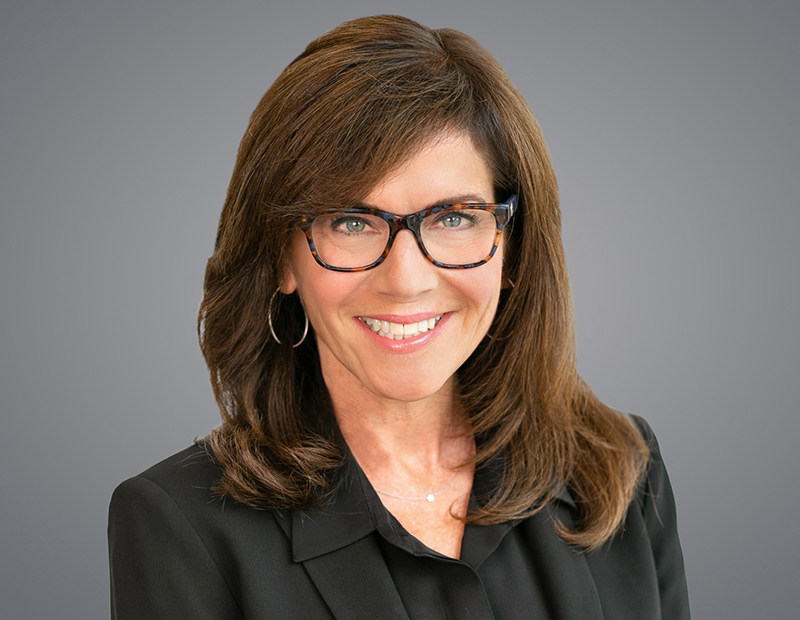
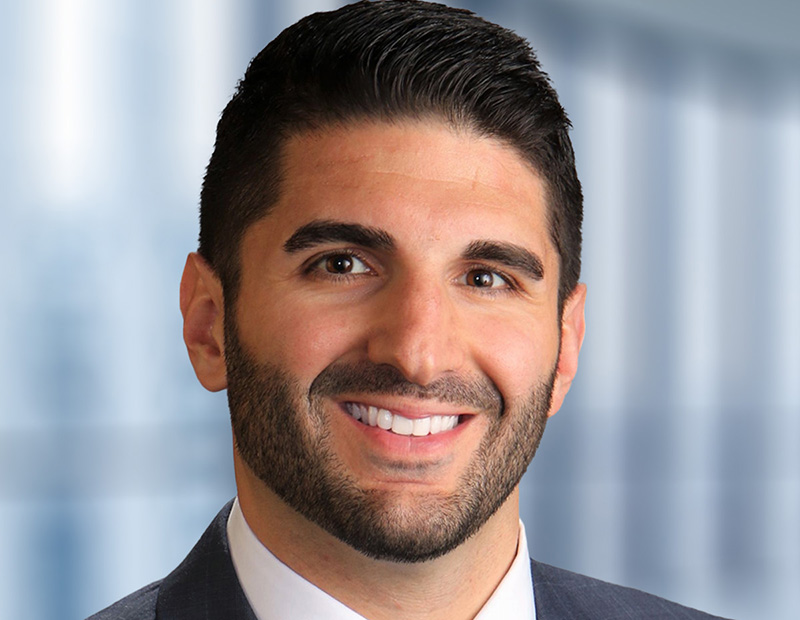
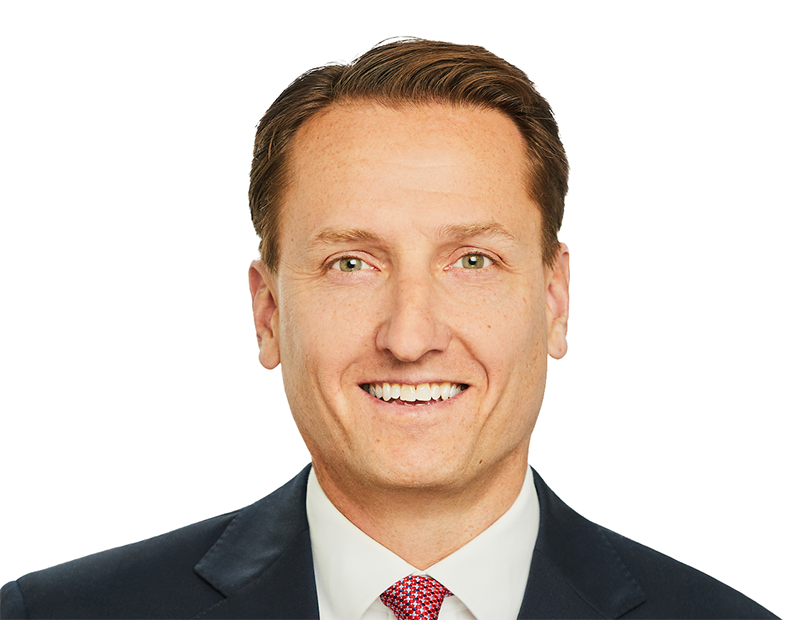
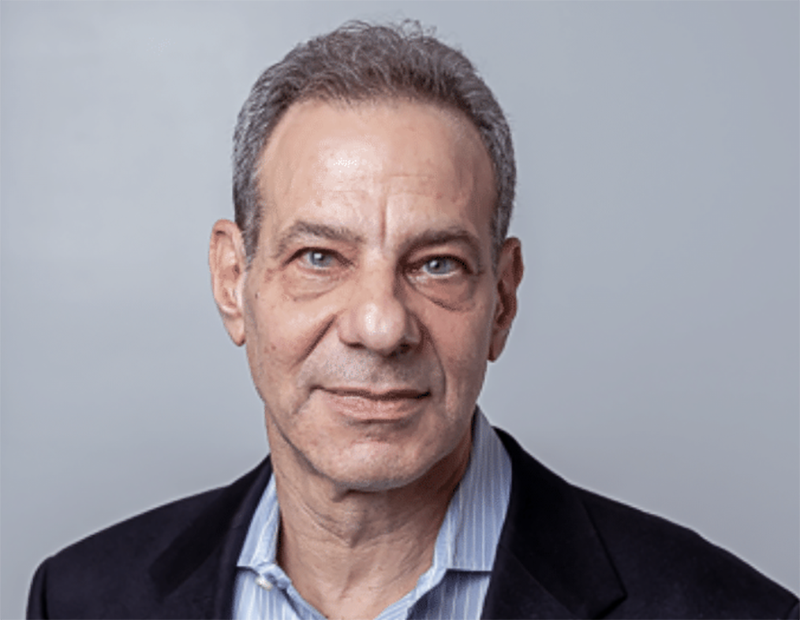





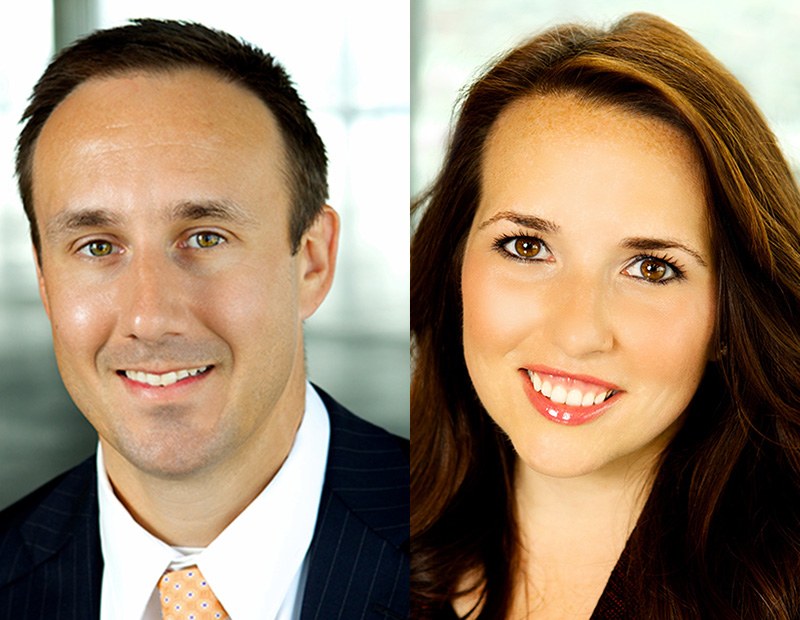

You must be logged in to post a comment.